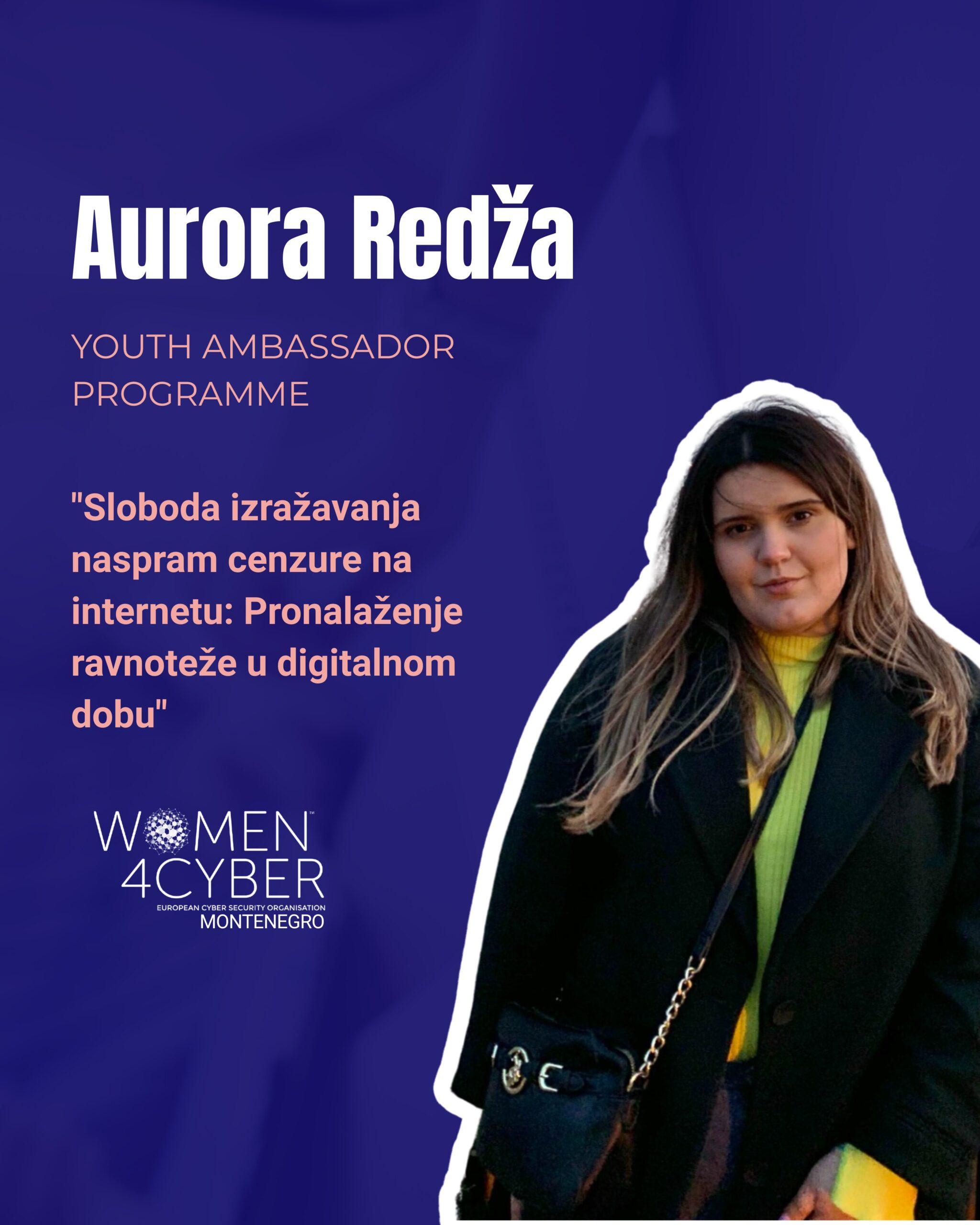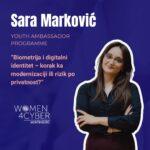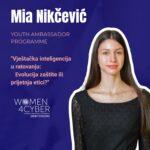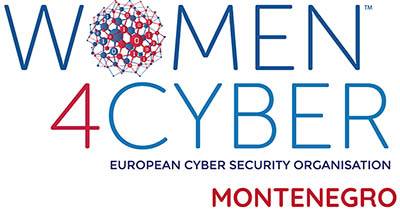In the 21st century, the internet has become the main space for expressing opinions, sharing ideas, and participating in public discourse. Social media, blogs, comments, and online forums have enabled millions of people to voice opinions that might otherwise go unnoticed. However, this unprecedented access to freedom of speech also brings numerous challenges: the rise of hate speech, disinformation, cyberbullying, and extremism. In response, governments and tech companies have introduced various forms of online censorship to moderate harmful content. Yet, this raises an important and complex question: where is the line between content moderation and censorship?
Freedom of expression is the foundation of democratic societies. It is guaranteed by numerous international human rights documents, such as Article 19 of the Universal Declaration of Human Rights (UDHR) and the International Covenant on Civil and Political Rights (ICCPR). These documents affirm that everyone has the right to hold opinions without interference and to seek, receive, and impart information and ideas through any media and regardless of frontiers. In the digital era, this right extends to the internet. It has become the modern public square where people can protest, advocate for change, and take part in global discussions. Freedom of speech online is especially vital for marginalized communities, political dissidents, whistleblowers, and human rights defenders.
Although the openness of the internet fosters freedom, it also enables the spread of harmful content. To prevent this, governments and platforms have introduced different mechanisms of content moderation, including:
- AI (artificial intelligence) content filters
- Human content review teams
- Community guidelines and reporting tools
- Government takedown requests
While these tools can help combat hate speech, child exploitation, and disinformation, they often lead to unintended censorship. Entire accounts can be blocked, legitimate political speech labeled as harmful, and cultural nuances misinterpreted by algorithms.
Moreover, some governments misuse censorship under the pretext of public safety or morality. In authoritarian regimes, critical journalism or opposition views are branded as “fake news” and removed. Laws against online speech are often weaponized to suppress opposition and civic engagement.
To protect freedom of expression while preventing harmful content, a multilayered approach is needed:
- Governments should avoid overly broad censorship laws and support independent oversight bodies.
- Tech companies must increase transparency, accountability, and fair enforcement of rules.
- Civil society should advocate for digital rights and educate users on how to recognize and challenge unjust censorship.
Freedom of expression is a fundamental human right, and its preservation in the digital age is crucial for democratic participation, creativity, and social progress. While censorship may sometimes be necessary to prevent serious harm, it must be carried out in a manner that respects human dignity, legality, and transparency. By adopting a human-rights-based approach, we can ensure that the internet remains a space for free dialogue — not for silence and fear.
